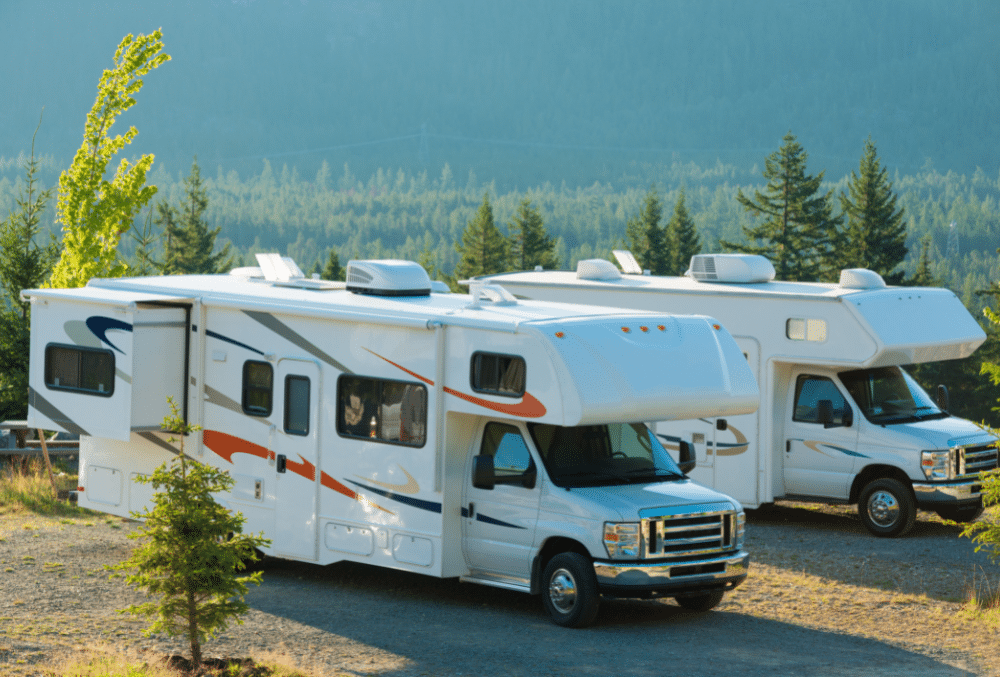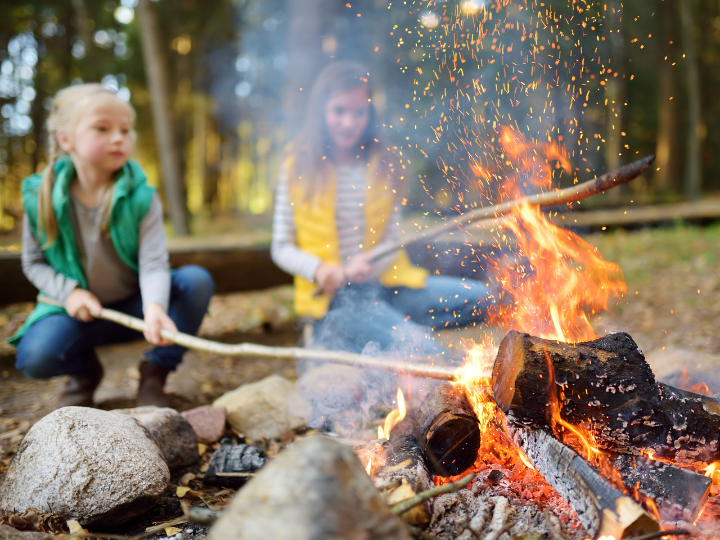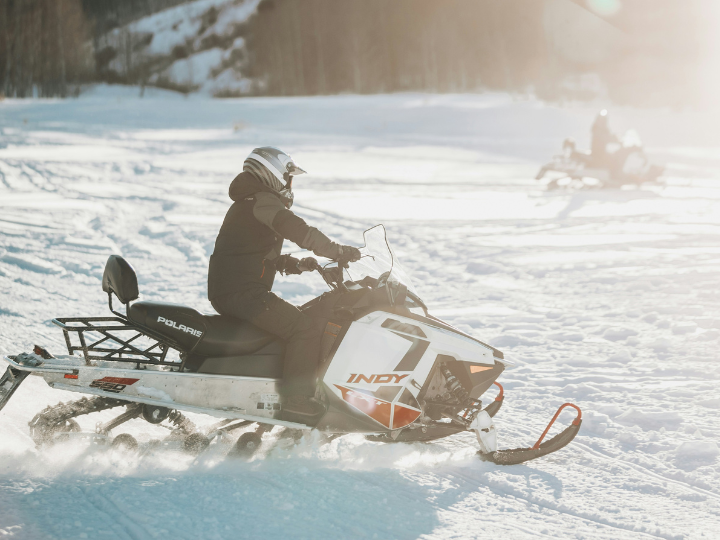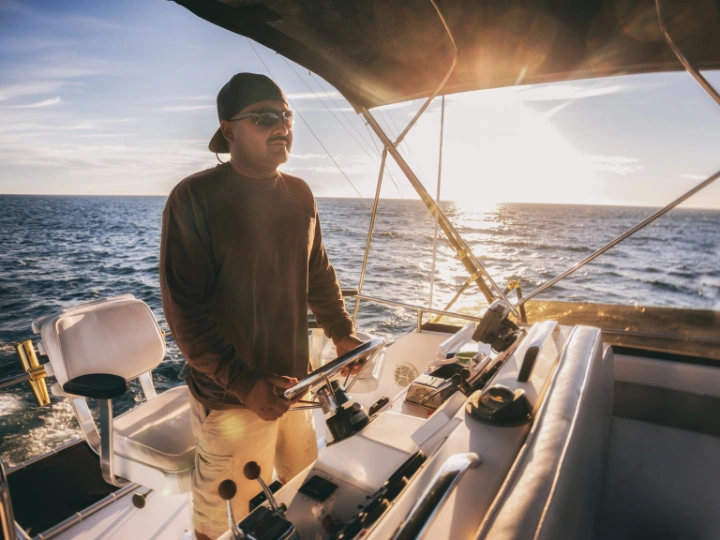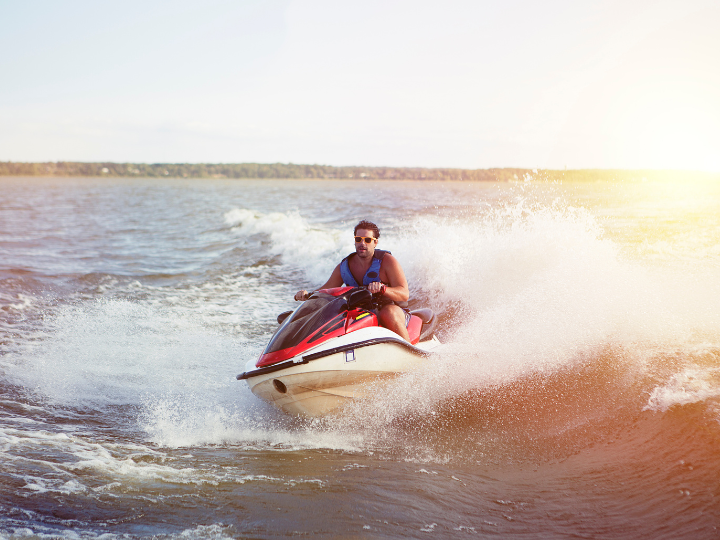Helpful Tips for Winterizing Your RV
October 11th, 2022
Summer is a time for many family adventures throughout Canada’s natural beauty. However, summer must always come to an end. Your family RV has gotten you through many camping and road trips, and now it is time to winterize your vehicle. Winterizing your RV is essential to maintaining the quality and functionality of your camper.
An un-winterized RV can be subject to extreme damage due to frigid temperatures and the vehicle’s waterlines. The plummeting temperature can break pipes and waterlines if left unattended, but if the lines are properly flushed and some antifreeze is added, it may make all the difference.
RV Winterization Tips
Before you begin winterizing your RV, take a look at your owner’s manual. It is common for newer RVs to come with winterizing controls built into them. If your RV does come with winterizing controls, follow your owner’s manual instructions. Before beginning your winterization process, go online or visit your nearest RV supply store to pick up the following items in preparation:
- RV/marine antifreeze, Non-Toxic (Propylene Glycol): You will need between two to three gallons, depending on the vehicle.
- Cleaning wand
- Black water tank tubing
- Water heater bypass kit
- Water pump converter kit
- Tools to install/remove drain plugs
- Anti-rodent foam, insect traps
- Absorbing dry packs
Flushing Your RV’s Plumbing System
When winterizing, most RV manufacturers instruct customers to add RV antifreeze to their plumbing system. The antifreeze must be the specific type made for recreational vehicles, as common antifreeze could damage the camper.
To begin flushing your RV’s plumbing system, see the following steps:
- Remove any water line filters
- Drain and then flush all freshwater systems, lines, and tanks
- At an RV-approved dumping station, drain, flush, and clean your gray and black water tanks
- Turn the water pump off for the season
- Drain the water heater tank, which can be done by opening the pressurized relief valve. However, the water will be hot, so be sure to let it cool down before the valve is released.
- Drain any freshwater while turning on all of the RV’s sinks, shower, and other faucets
- Flush the RV’s toilet
- Locate the hot and cold “low point” water drain lines by taking out the plugs
- You may drain the water faster by turning on the RV’s water pump. This will push the water out of the system quickly. However, be sure to turn off the pump as soon as the draining is complete. A running water pump with no water can damage your RV’s plumbing system.
Filling Your RV Water Lines with RV Antifreeze Solution
It is an industry-standard for new RV campers to come equipped with a hot water heater bypass kit. If your RV does not have one, you can contact an RV dealership to inquire about having one installed. The hot water heater bypass system saves you from wasting several gallons of antifreeze while filling the entire tank.
To add antifreeze to your RV’s waterlines, follow the listed instructions:
- Close all open water valves and camper faucets
- Bypass the RV water heater
- Install the water pump converter kit. The converter kit will get the antifreeze into the RV’s water system.
- Turn on the water pump and wait for the antifreeze to circulate through the water lines.
- Starting with the valve closest to the RV water pump, slowly open each valve. This will allow the antifreeze to flow out. Afterward, close all the valves.
- Replace the antifreeze container used to feed the converter kit. It may be close to empty and need a refill.
- Repeat your actions with each valve on the RV (inside and out). It is recommended that you work from the closest to the water pump to the furthest.
- If your camper has a washing machine, dishwasher, or icemaker, make sure to check those valves as well.
- Continually flush the RV toilet until antifreeze flows into the bowl
- Pour a cup of antifreeze down each of the RV’s drains
- Any remaining antifreeze should be poured into the RV’s fresh water tank
- Turn off the RV’s heating element for the water heater.
- Double-check that every RV faucet and valve are tightly closed
Winterizing Your RV’s Electrics, Power Supply, and Engine
While the water pipes in your RV are the top priority, tending to your battery, engine, and other electronics. Double-check that your engine is winterized with these suggestions:
- As needed, top off your RV’s engine oil, transmission, brake, and winter-friendly windshield fluid.
- Add a fuel stabilizer to the gas tank before filling up. After the gas is pumped, run the RV’s engine for five minutes.
- Top off battery fluids as needed.
- Check that your batteries are fully charged.
- If you live in a colder climate area, unplug the batteries and store them in a dry, warm place. However, disconnect your batteries from their terminals if you live in a warmer climate.
- Check that your RV’s main breaker is switched to the off position.
- Disconnect your camper from shore power.
- Remove all electronics, such as TVs or tablets, as they can get ruined when exposed to harsh temperatures.
- If your RV has a generator that needs winterizing, consult the manufacturer to see the specific instructions required.
Protecting Your RV from Pests
Over winter, your camper may look like a cozy hideaway for rodents and insects. Bug or animal infestations can cause thousands of dollars worth of damage to your RV.
- Thoroughly remove all food or potentially edible items from your RV
- Spray your RV’s crevices with anti-rodent foam.
- Try placing peppermint packets across the RV’s interior.
- Place insect and rodent traps as you see fit.
Final Thoughts
Winterizing your RV is an integral part of protecting your camper investment, as is carrying an RV insurance policy. Recreational insurance policies offer insurance coverage for RVs and a vast list of other recreational vehicles.
The dedicated experts at Duliban Insurance Brokers prioritize their clients’ coverage and work tirelessly to support and assist all customers, new and existing. Duliban Insurance Brokers offer insurance policies that cater to your individual needs. Protect your RV and your future summer adventures with a recreational vehicle policy.
For more information about RV insurance protection, contact our expert brokers at Duliban Insurance Brokers at 855-DULIBAN. Our licensed professionals will answer any questions you may have.
External Links
